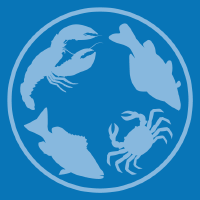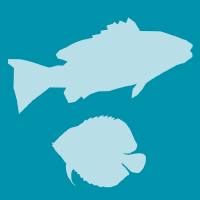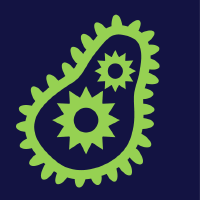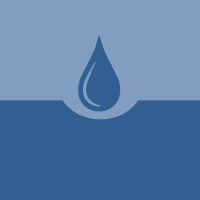Topic Editors


Women in Aquaculture Research
Topic Information
Dear Colleagues,
In order to recognize the career progression of women, and to celebrate the achievements of women in the field of aquaculture research, Aquaculture Journal will launch a Topic on “Women in Aquaculture Research” to be published in 2023.
We are delighted to present this special collection of articles highlighting the achievements of women scientists in aquaculture research from all around the world. This Topic is devoted to presenting research performed by early and advanced career scientists who are women on all aspects of aquaculture-related aquatic science, covering subjects’ areas such as aquatic organisms, aquatic environments, aquatic-related industries, techniques/technologies in aquatic resources/environments, etc.
In the coming years, aquaculture must expand sustainably to satisfy the growing demand for aquatic foods. If positively transformed and expanded, they can meet the twin challenge of feeding a growing population while preserving natural resources and the ecosystem that sustains them. Thus, aquatic food systems are under growing pressure, but we can ensure they are sustainable, resilient, inclusive and equitable. We need a blue transformation, a vision that will make food security and environmentally sustainable a reality by, among others, harnessing science-based solutions and innovation.
We cordially invite you to submit your work performed across all areas of aquaculture. We welcome you to present your latest discoveries in applied or basic research relevant to freshwater, brackish water and marine aquaculture. The scope of the Topic is to cover the whole range of topics related to aquaculture, including: breeding and selection in farming aquatic species, nutritional and dietary requirements, environmental conditions affecting growth, effects of fish farming on the aquatic environment, and health and welfare of farmed aquatic species. These are only some of the topics of interest, and you are welcome to add new ones and contribute to this high-impact Topic.
This Topic will include high-quality papers, and original research papers, short communications and review articles are welcome. Articles where the lead authors are women are encouraged; however, we welcome submissions from all authors, irrespective of gender.
Dr. Patrícia Díaz-Rosales
Dr. Camino Ordás
Topic Editors
Keywords
- aquaculture
- breeding
- reproduction
- nutrition
- immunology
- physiology
- pathology
- aquatic environment
- welfare
Participating Journals
| Journal Name | Impact Factor | CiteScore | Launched Year | First Decision (median) | APC | |
|---|---|---|---|---|---|---|

Aquaculture Journal
|
- | - | 2021 | 15.0 days * | CHF 1000 | Submit |

Fishes
|
2.3 | 1.9 | 2016 | 15.7 Days | CHF 2600 | Submit |

Microorganisms
|
4.5 | 6.4 | 2013 | 15.1 Days | CHF 2700 | Submit |

Water
|
3.4 | 5.5 | 2009 | 16.5 Days | CHF 2600 | Submit |
* Median value for all MDPI journals in the second half of 2023.

MDPI Topics is cooperating with Preprints.org and has built a direct connection between MDPI journals and Preprints.org. Authors are encouraged to enjoy the benefits by posting a preprint at Preprints.org prior to publication:
- Immediately share your ideas ahead of publication and establish your research priority;
- Protect your idea from being stolen with this time-stamped preprint article;
- Enhance the exposure and impact of your research;
- Receive feedback from your peers in advance;
- Have it indexed in Web of Science (Preprint Citation Index), Google Scholar, Crossref, SHARE, PrePubMed, Scilit and Europe PMC.

